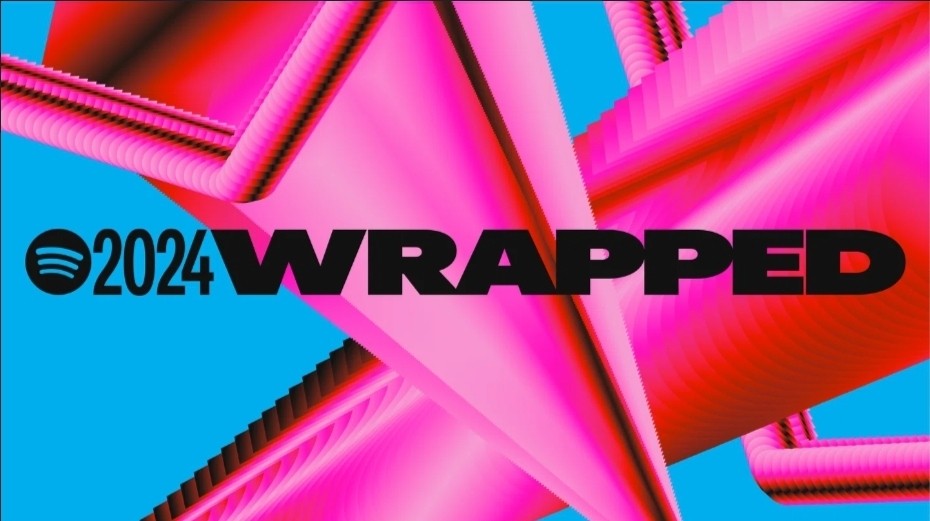Each year since 2015, Spotify releases a campaign presenting a personalized recollection of each users most listened to artists, songs, tracks, and genres. Alongside an algorithm of about 11 months of music, the company tends to present this through variating aesthetics. This annual phenomenon is currently labeled “Spotify Wrapped,” previously referred to as “Year in Music” until 2016.
However this year’s Wrapped has proven to be less than appreciated compared to the last decade of this event. This year, users criticized Spotify for a multitude of reasons including: blatantly incorrect algorithm data, an obnoxiously obvious usage of AI over basic creativity, lacking multiple previous features, and choosing artificial intelligence over human employees to ensure profits.
Other than the small, although aggravating details, the most concerning criticism stems from the fact that the company had chosen to fire almost 1,500 employees within Wrapped week. CNN documents this event, alongside multiple other instances of Spotify firing mass amounts of their workers, “But after three rounds of layoffs in one year: 590 positions in January, 200 in June, and another 1,500 this week.”
Spotify confirms their stance behind the usage of AI on their app, “Through the combination of Spotify’s powerful personalization technology and generative AI, we’ve created hyper-personalized Wrapped experiences that connect millions of listeners worldwide with the music and audio they love.”
There has been a handful of instances where AI had been in place on the app, both previous to Wrapped and after, such as “DJ” which simply acts as a personalized radio station, the “Daylist” that presents variating songs every couple of hours with an awkwardly assorted jumble of words while the playlist name that changes alongside the songs. The currently infamous usage of AI on Spotify: Wrapped genre titles for specific months in the year.
The most common genre title within this assortment of options available to users depending on their taste in music was “Pink Pilates Princess Strut Pop.” If it was not obvious before, the overuse of artificial intelligence for this year’s Wrapped should be now. Especially since our monthly genre titles had included “Lovecore Beach Indie” and “Theatrical Movie Tunes Musicals.”
The titles are just words grossly thrown together attempting to match whatever artists and music its users are streaming, while failing miserably to hide the fact that this lacking effort wasn’t done by actual employees themselves.
Looking past the generative usage of AI within this year’s Wrapped, the most simple job Spotify had, basic algorithm, has failed completely as well. When calculating our own time spent on the app streaming music, it had only resulted in only 20 days (29,382 minutes). While the top artist stood alone for almost three days (3,896 minutes).
Said data had been proven blatantly wrong when it had been brought up that the artist was consistently played for almost hours at a time each day since the start of this school year and the year prior. A handful of individuals share this sentiment of whether or not their Wrapped had been accurate.
Sophomore Vivian Lonczak expresses her view: “I do not think it’s accurate because my top artists do not seem like they were the artists I listened to the most, it’s just which five artists showed up first in my top songs.”
Sophomore Ariana Podmore shares an almost opposite opinion: “I feel like maybe mine was more than what I actually had but I might be underestimating myself.”
Ariana does bring up a good point, her situation almost opposite to the one mentioned earlier. Where instead of Spotify tracking a substantially less amount of streaming minutes, it would be as if it had increased. These uncertainties could be directed to the faulty engineering of Spotify, as these issues are not exclusive to Ludlow students alone. It applies to any Spotify user keeping track of their own data through third-party apps such as Stats.fm.
This poses the question- could all of this controversy over a poorly made event be prevented if Spotify had simply strayed away from relying heavily on artificial intelligence in replacement for their previous employees?
While companies and businesses toy around with developing technologies, these features seemingly benefit corporations far more rather than the users they are providing. They profit off artificial labor in comparison to the work human employees present that would require compensation.
Yet there is no doubt that if there had been more consideration of human addition rather than scrapped up pieces made by AI, Wrapped 2024 could have been far more enjoyable rather than irritating. Even a little more effort presented this year could have descaled the disappointment when delivering an already delayed event.


